Kenya’s only surviving Cardinal, John Njue, has confirmed that he was not invited to participate in the crucial election of the new pope, despite being qualified and in good health.
This revelation comes as a shock to many Kenyan Catholics and global observers who expected Njue to be part of the high-stakes Conclave at the Vatican.
Rumors had earlier circulated claiming health issues had sidelined the Cardinal. However, Njue has set the record straight: no invitation was ever extended to him.
The Vatican’s silence and failure to clarify the snub have raised questions about possible deeper reasons behind his exclusion.
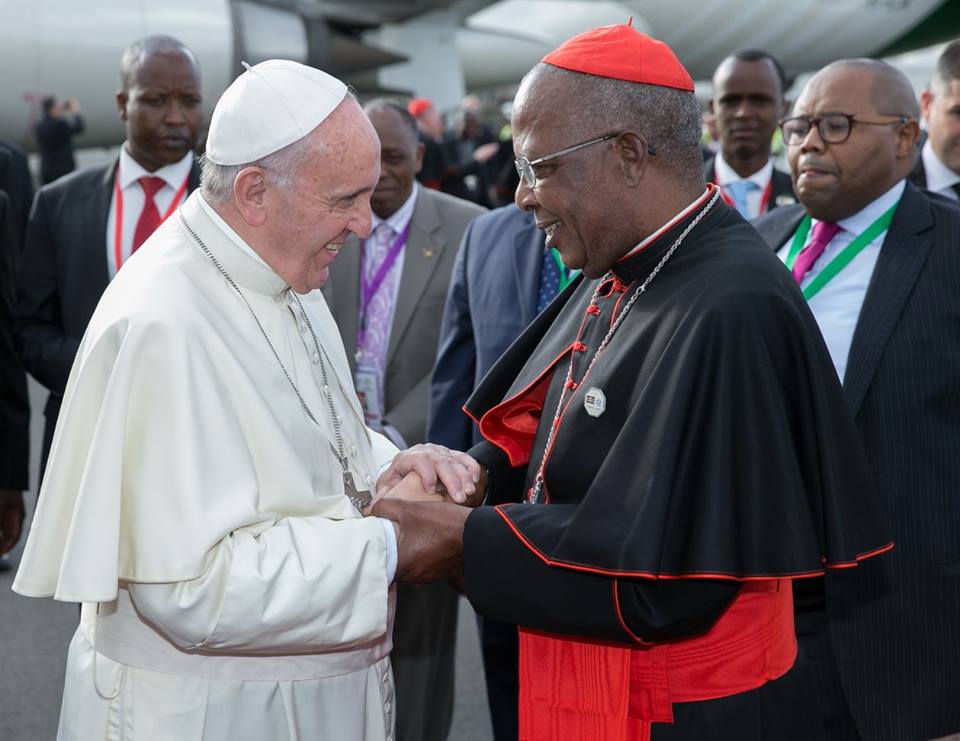
Why Was Cardinal John Njue Excluded from the Election of the New Pope?
Speaking in a phone interview, Cardinal Njue made it clear that the usual protocol for the election of new pope had not been followed in his case. According to him, Cardinals eligible to vote in the Conclave receive formal invitations from the Vatican. Njue, who participated in the 2013 Conclave that elected Pope Francis, said this time was different.
“Those who go there for the election are usually sent official invites, and that has not happened on my part. The fact is that I have not been invited,” Njue stated bluntly.
Pressed on whether health or his retirement status was the reason, the retired cleric dismissed health concerns. “It is not because of health… I don’t know… really, it’s difficult to comment about it,” he said.
Njue served as Archbishop of Nairobi from October 2007 until January 2021 when Pope Francis accepted his resignation. Despite his retirement, Vatican law allows Cardinals under the age of 80 to vote. At 79, Njue is technically within the voting age limit, and no official statement has confirmed if that was the deciding factor.
Interestingly, a report on Vatican News confirmed that 133 Cardinals have been listed to participate in the upcoming Conclave, even though the Apostolic Constitution caps the number at 120. This inconsistency further fuels questions about Njue’s omission.
The Vatican’s Confusing Numbers in the Election of New Pope
Vatican News reports that 133 Cardinals have confirmed their attendance for the election of new pope, breaking the long-established cap of 120 electors. The rule, introduced in 1975 by Pope Paul VI, has been breached before but rarely without public explanation.
In past elections, the College of Cardinals has gone over this limit, most notably in 1969 when 134 electors were present. Vatican News acknowledged that despite the cap, exceptions have occurred, but did not clarify if Njue’s absence was tied to logistical limits or other undisclosed reasons.
The silence from the Vatican leaves room for speculation. Njue’s firm denial of health-related issues leaves the public wondering if politics within the Church or other sensitive factors influenced his exclusion.
Kenyan Catholics React to Cardinal Njue’s Absence
Back in Kenya, news of Njue’s exclusion from the election of new pope has stirred strong emotions. Many Catholics see the former Archbishop as a symbol of Kenyan pride and were hopeful he would represent their voice in the global Church’s most sacred decision-making process.
Parishioners and church leaders alike have expressed confusion and frustration. Some say Njue’s absence weakens Kenya’s standing in the Catholic hierarchy, while others urge calm and await further clarification from Rome.
Njue’s silence on Pope Francis’s death—he said at the time he was too shocked to comment—has also been interpreted by some as a sign of deeper struggles behind the scenes.

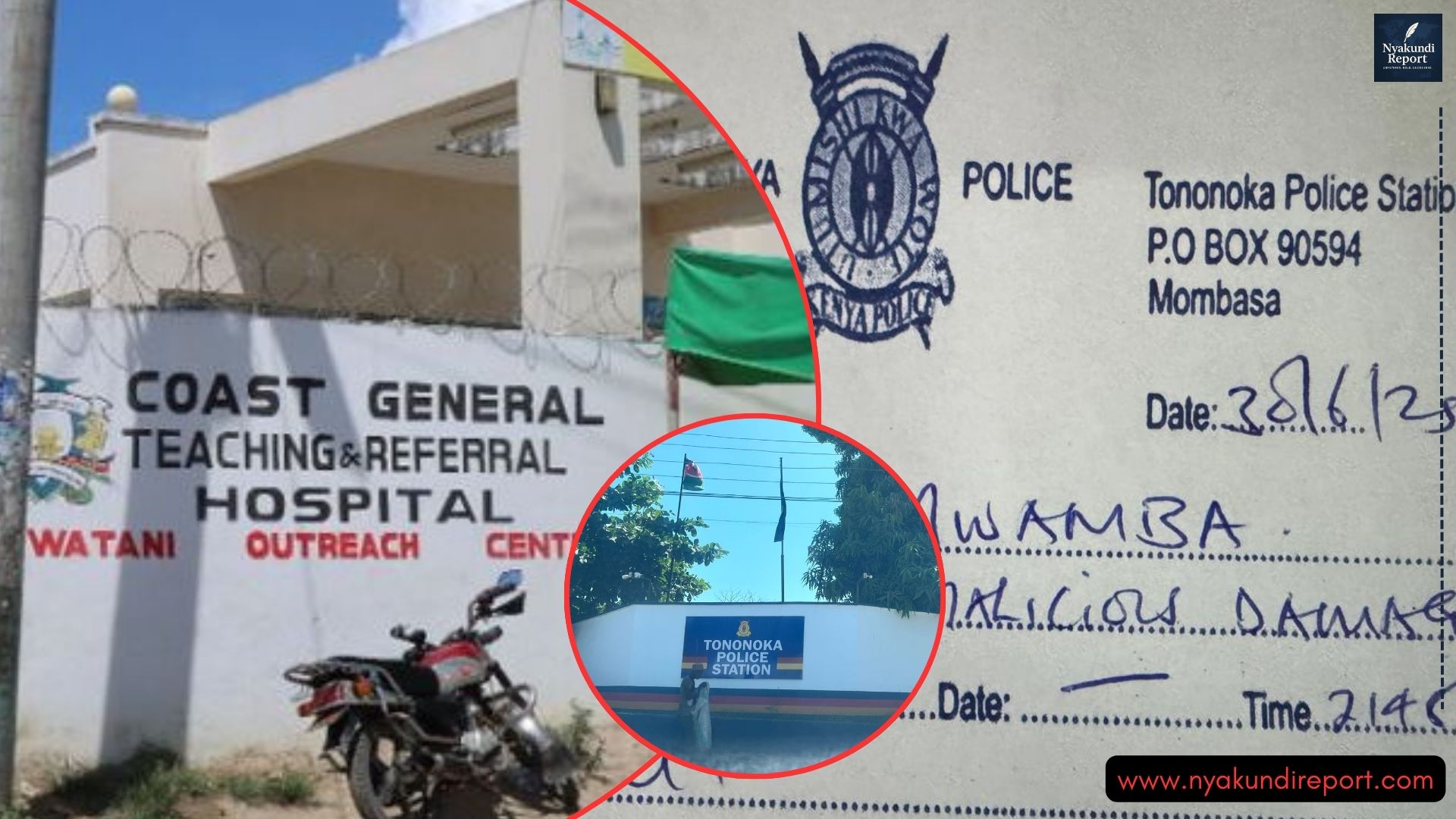
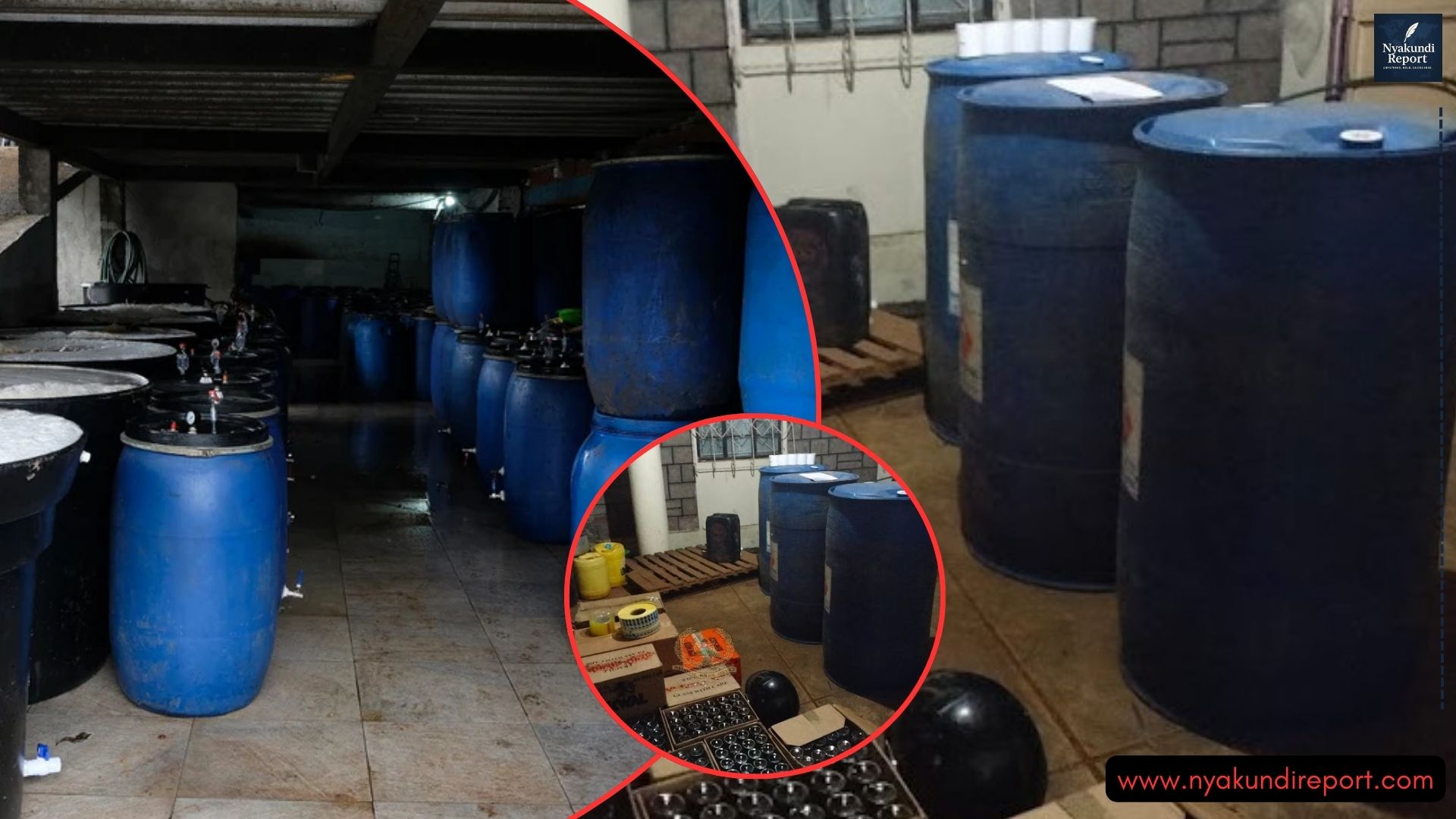
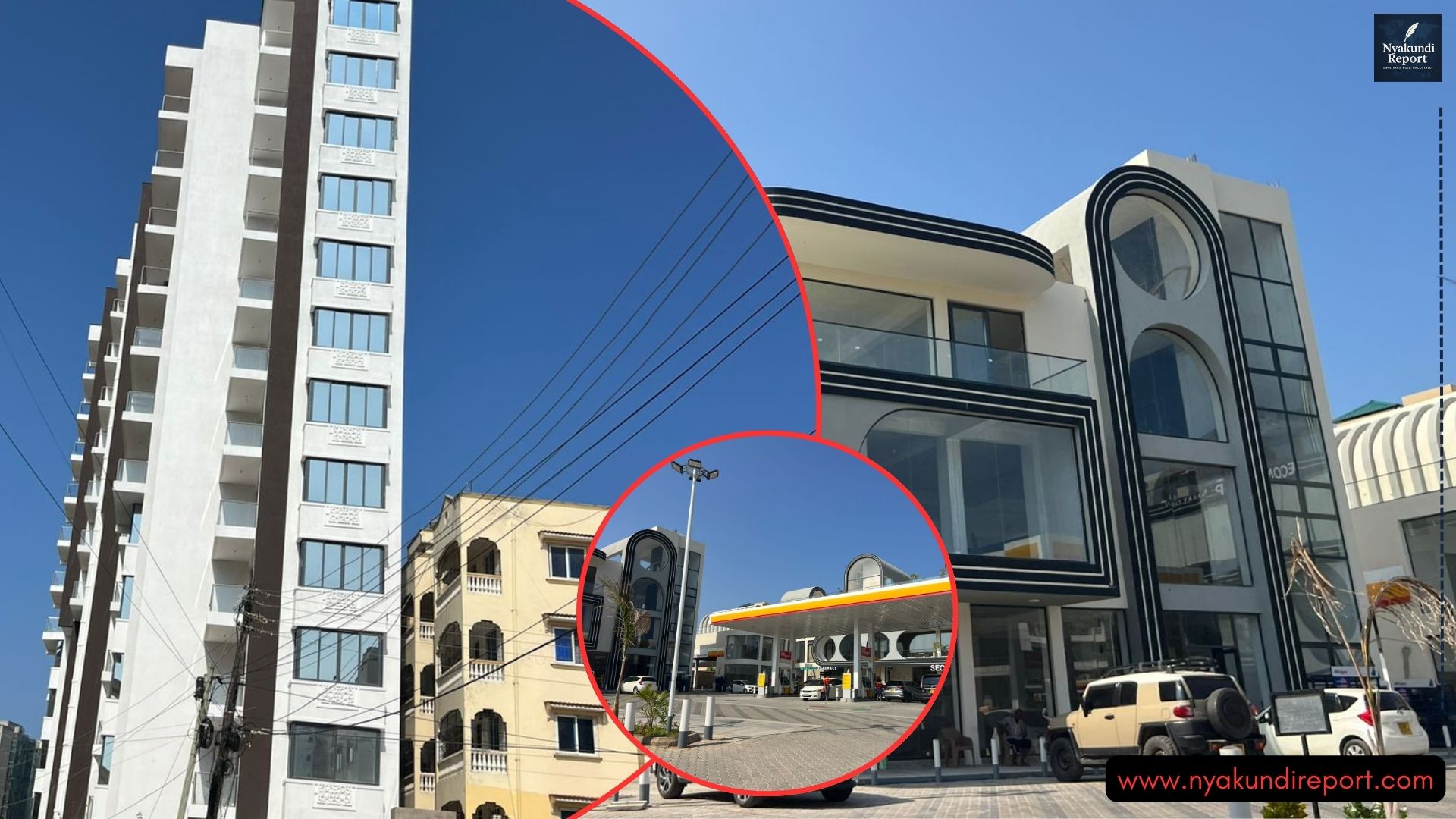

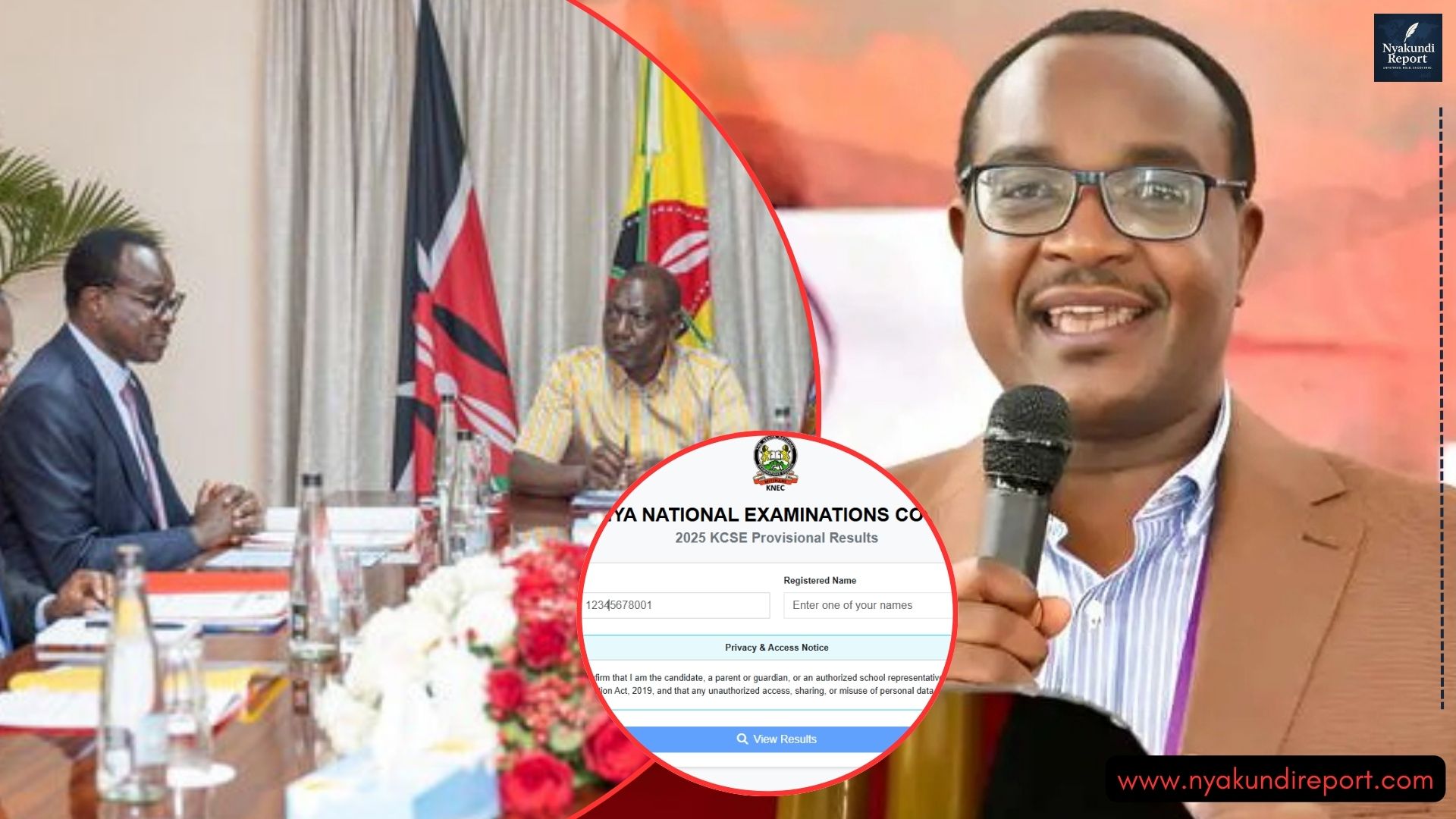
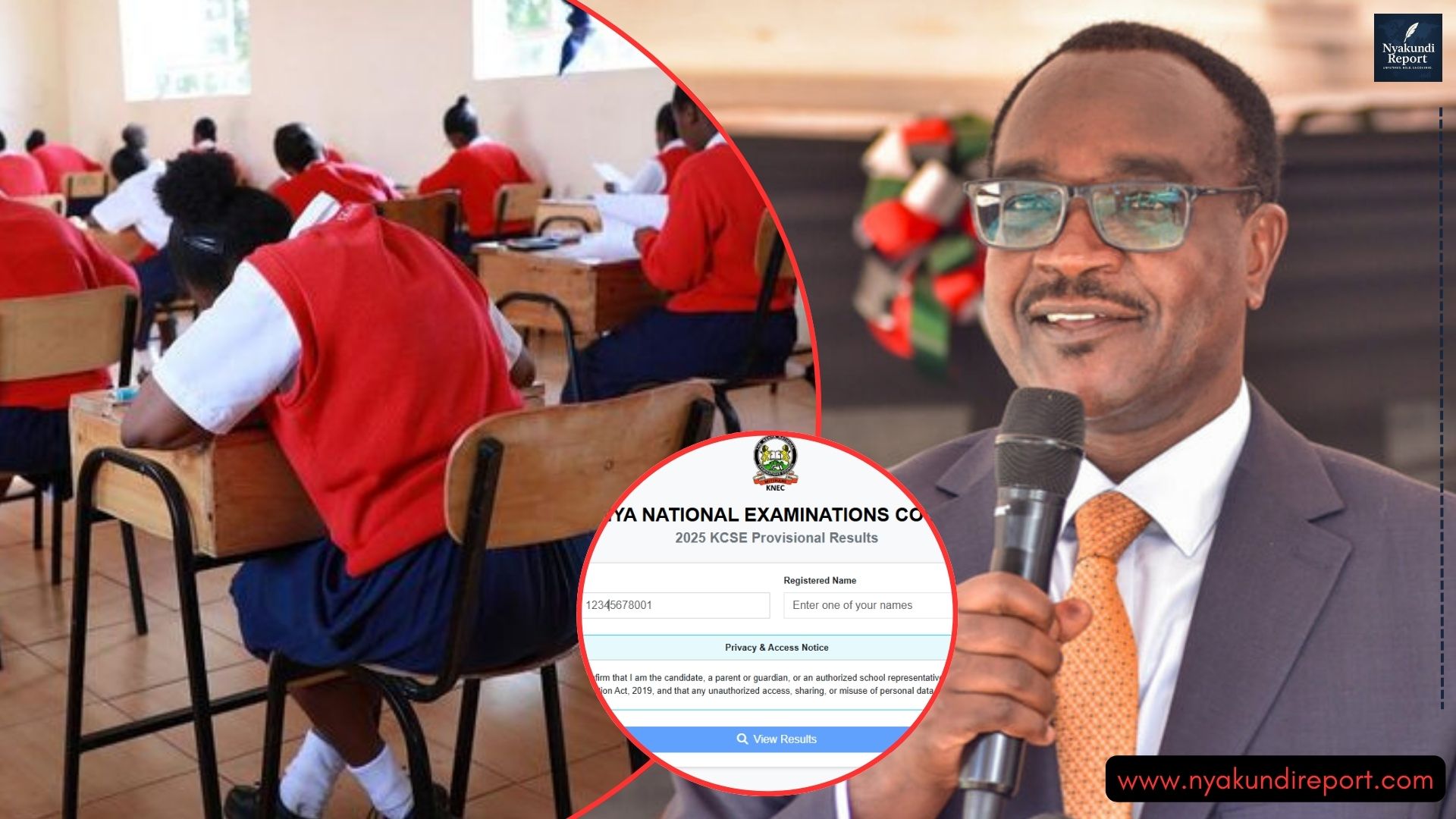
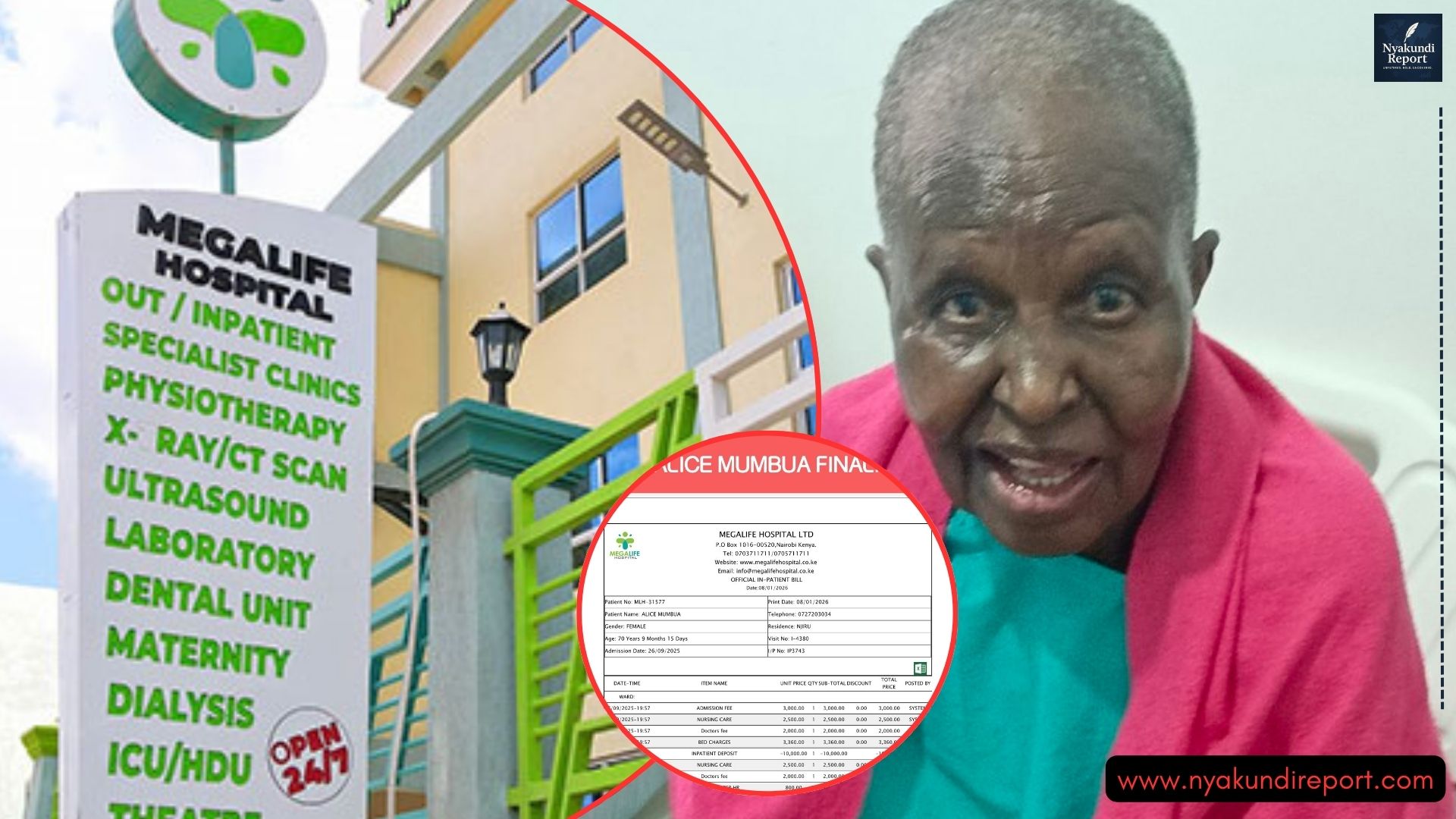
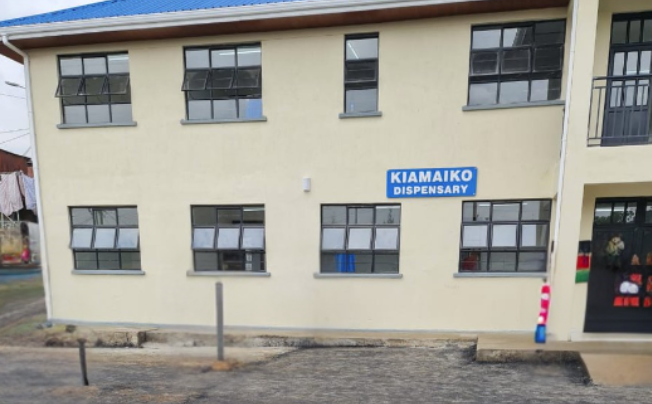
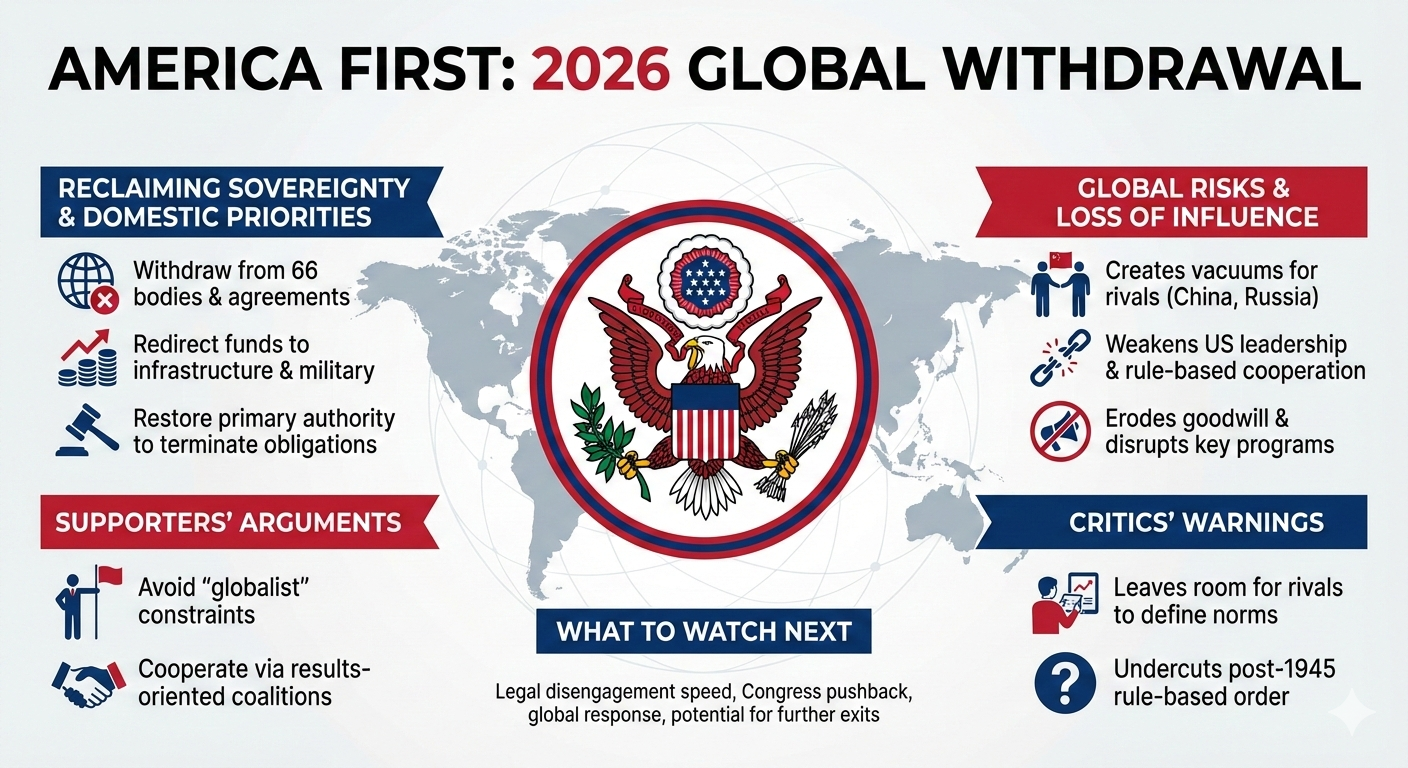
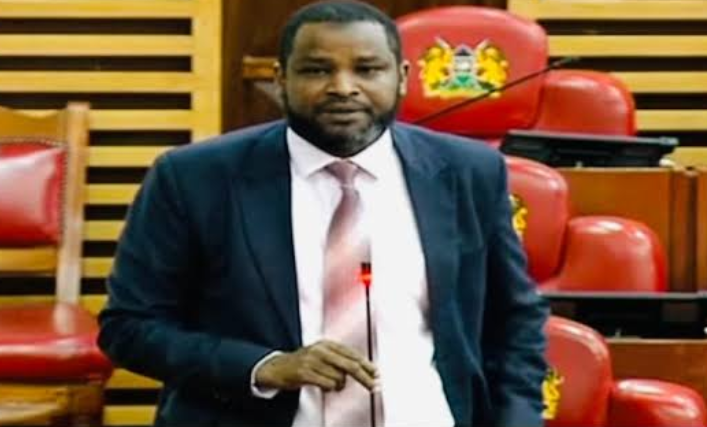
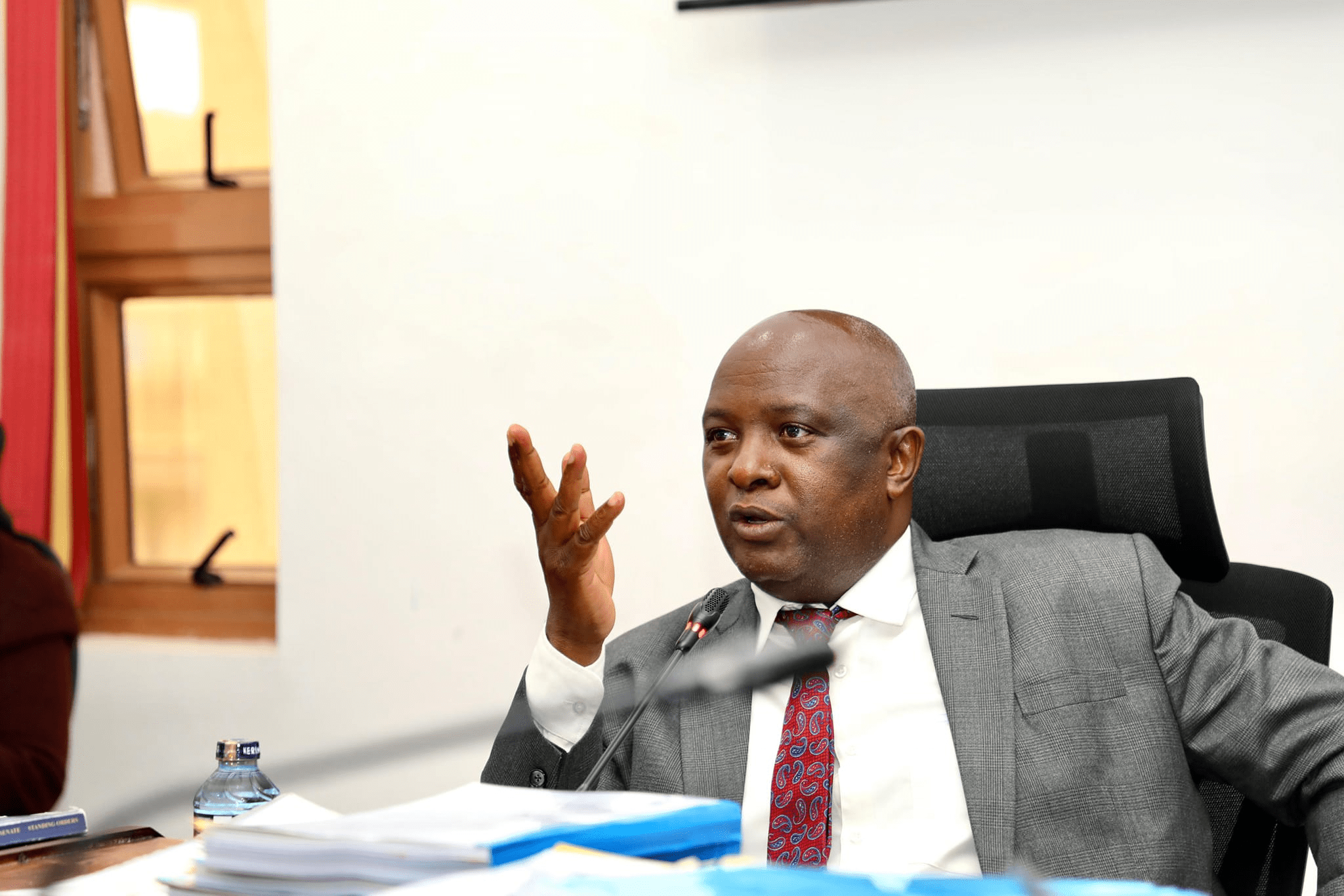
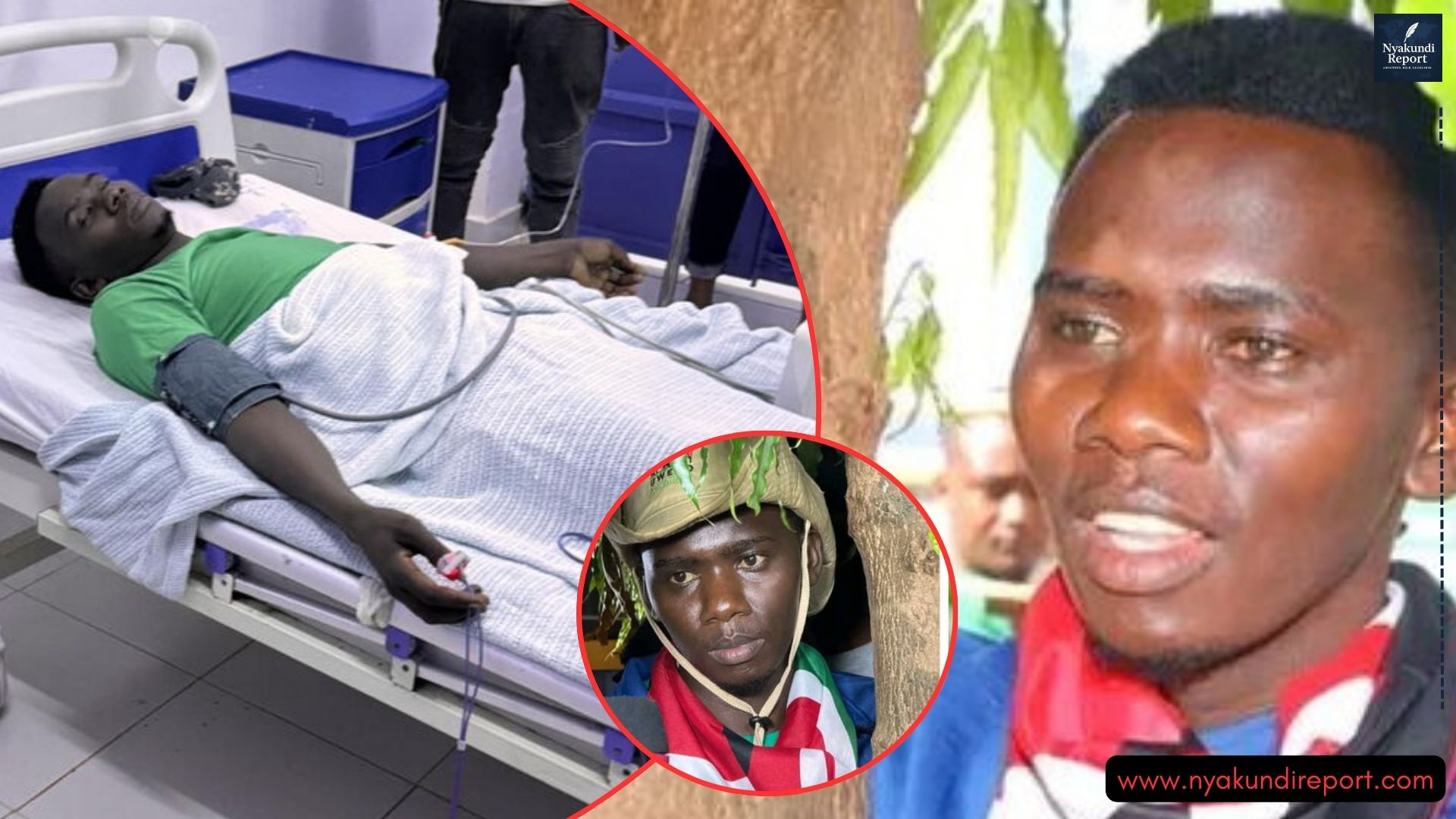












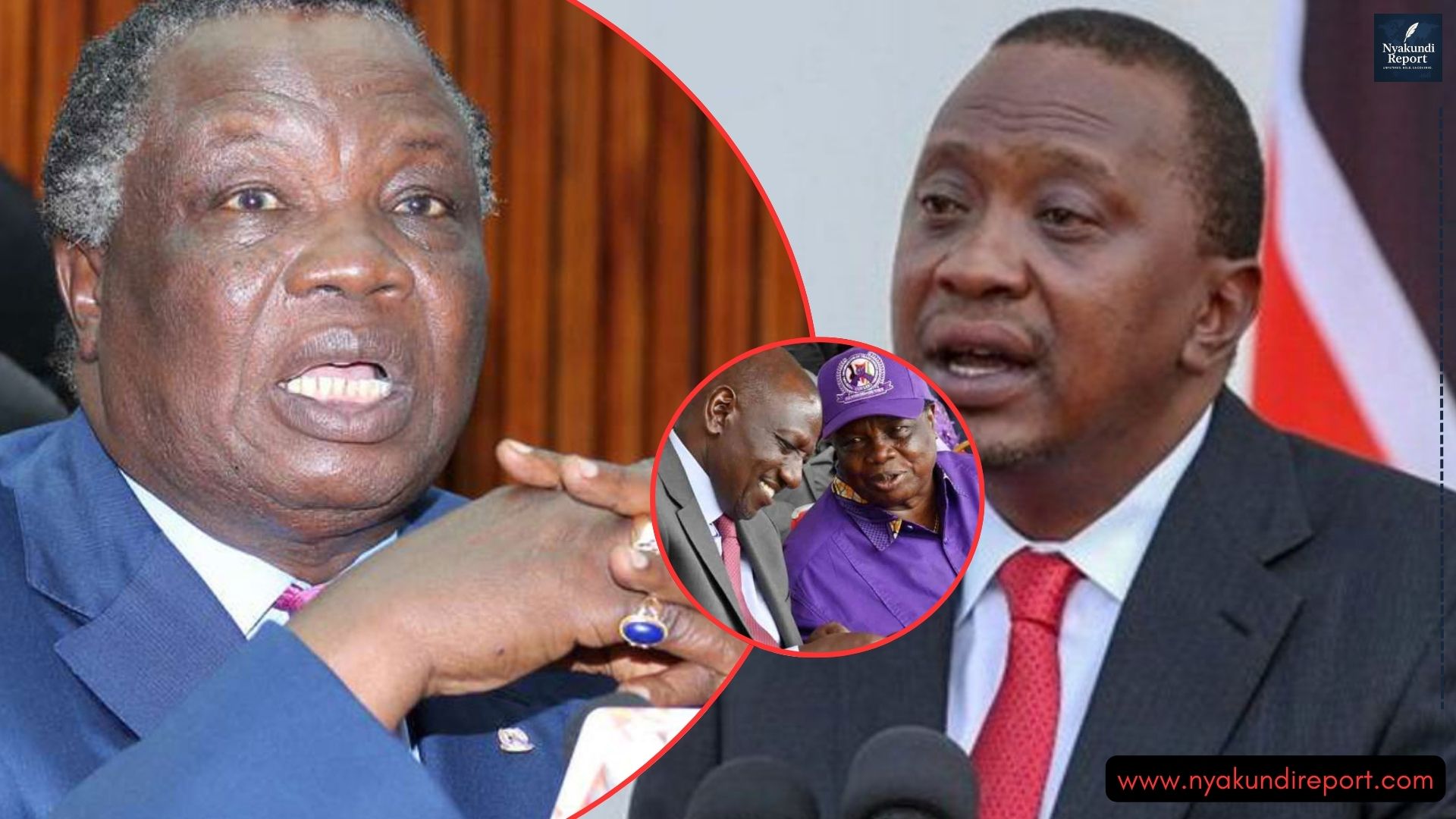
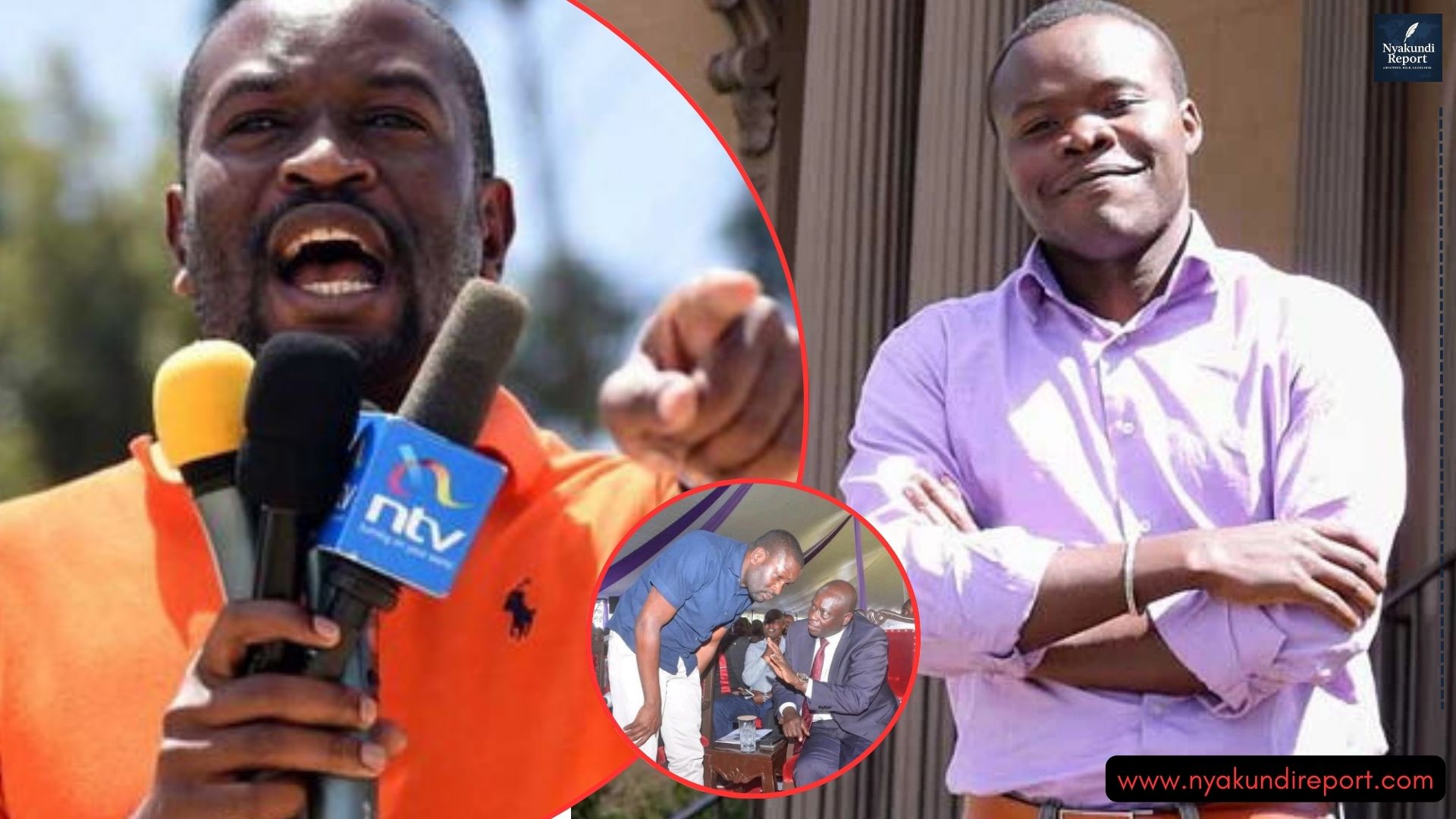
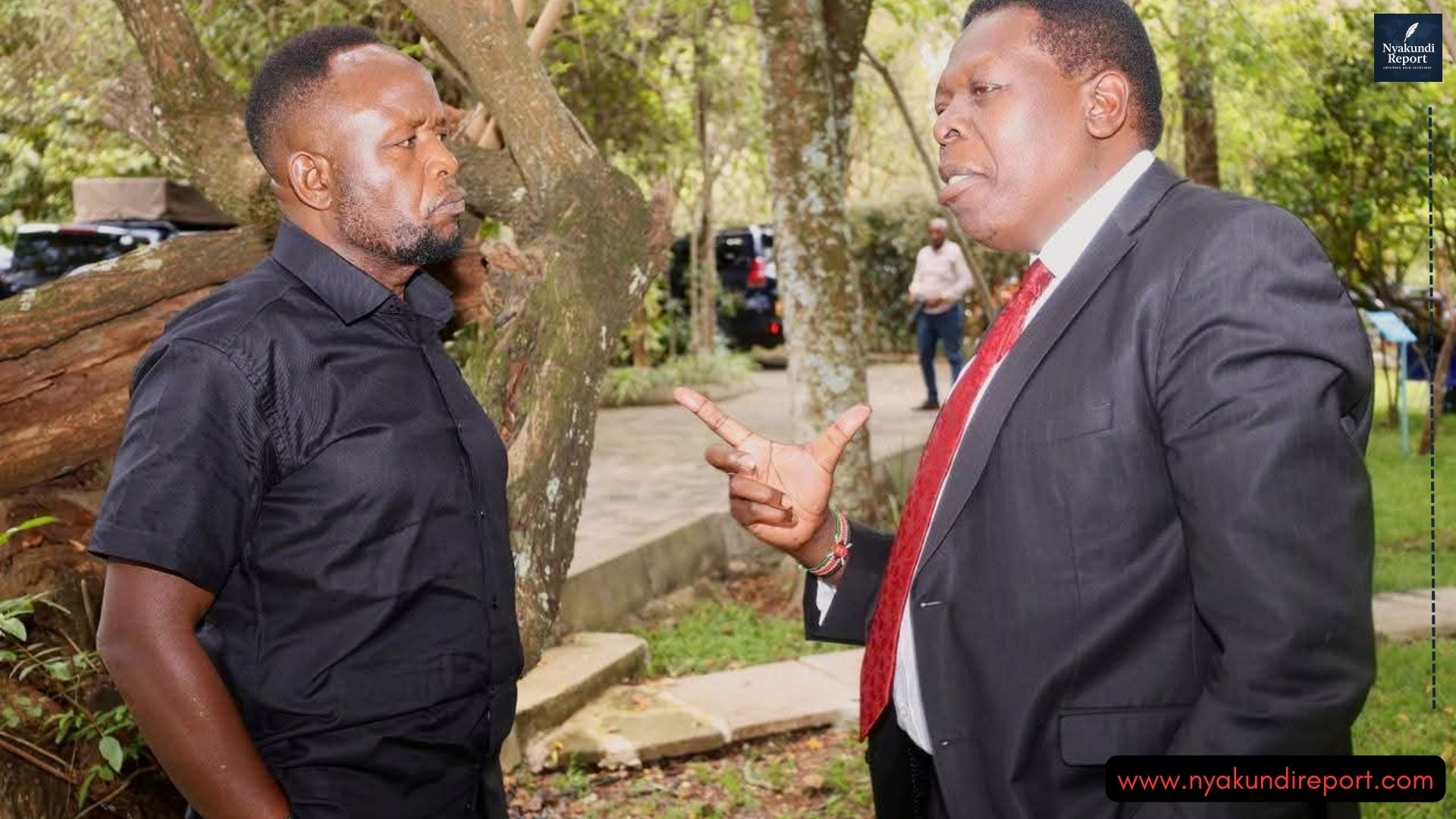








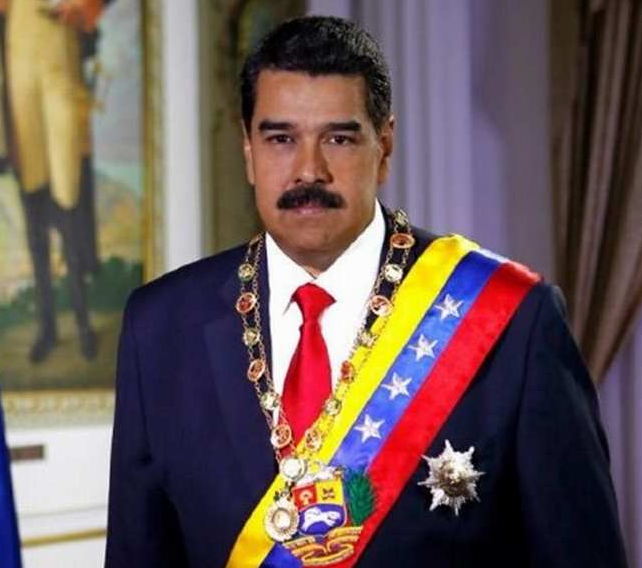
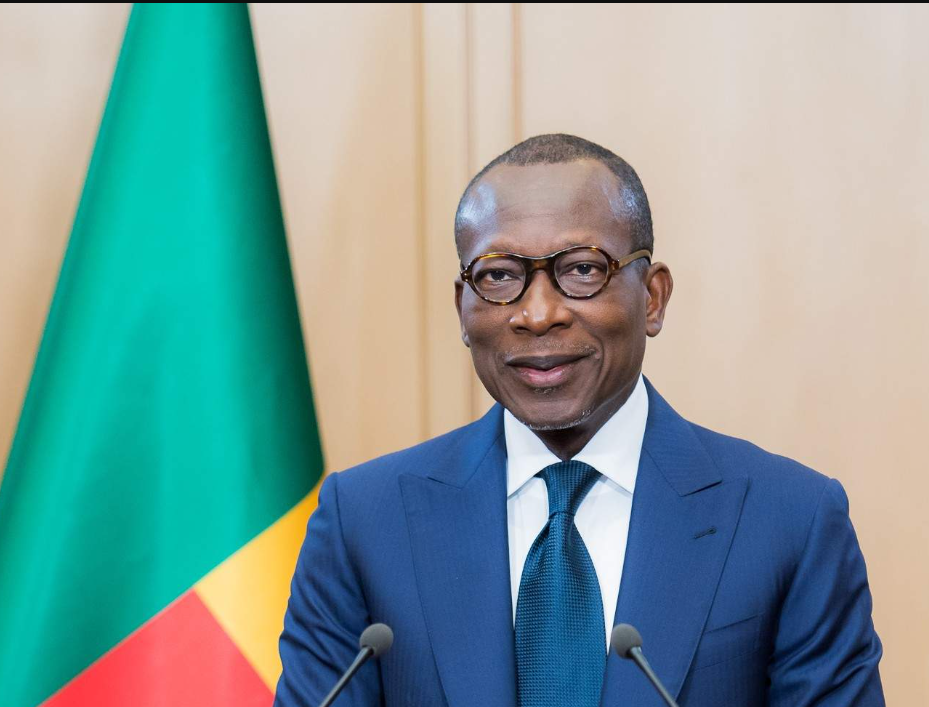

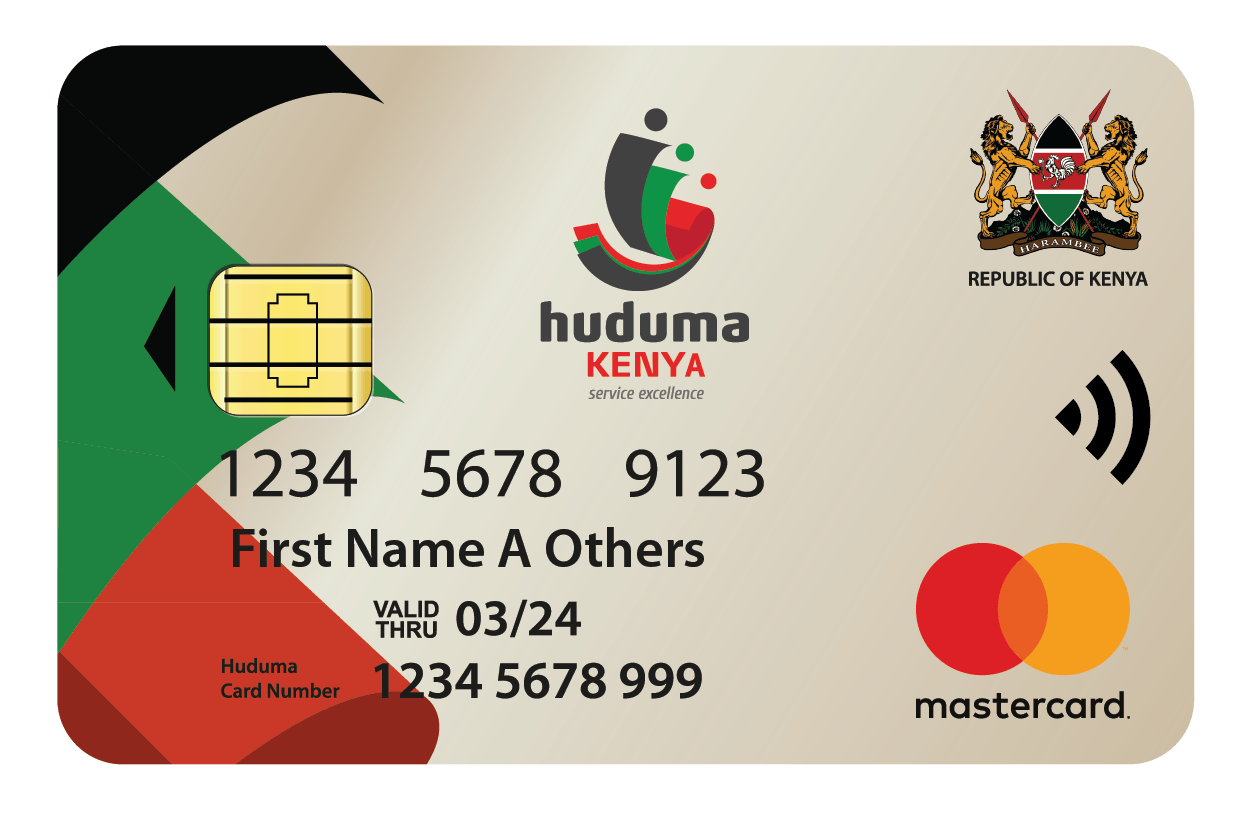

![CAPTION: [LEFT] Nairobi Metropolitan Services Director Mohammed Badi [RIGHT] Deceased Iraqi Warlord Saddam Hussein and [CENTRE] Nairobi Governor Mike Sonko](https://nyakundireport.com/wp-content/uploads/2020/08/d259535f-22b6-4086-b270-e89b0e6ea122.jpg)